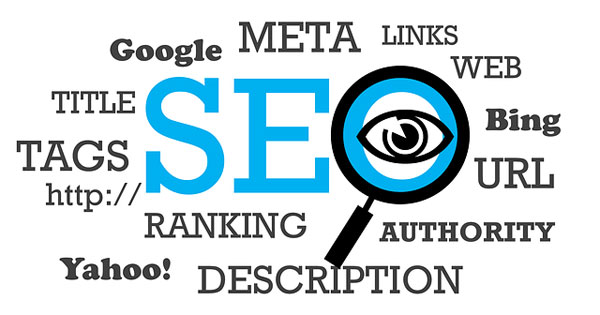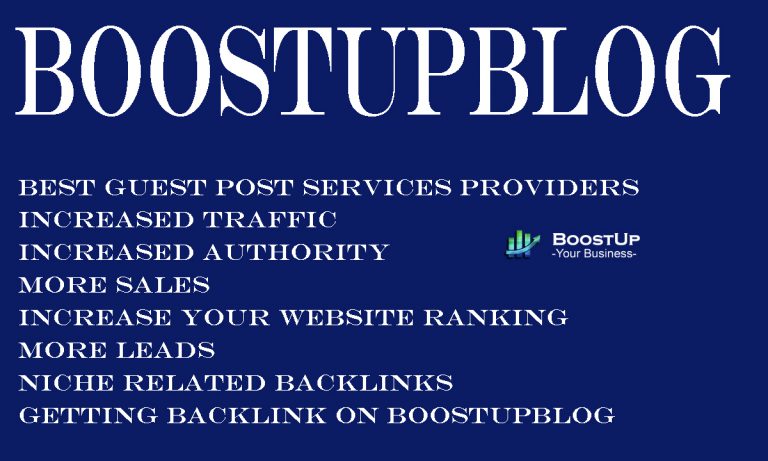Top 7 SEO Best Practices
One of the hardest aspects of SEO is its forever changing nature. Google is constantly pushing out new algorithms, each and every day. This leaves everyone on their toes. Even those who specialise in SEO, spend a greater amount of their time, trying to figure out the various changes to the search engine and how best to approach things for the future.
Keeping track of all the SEO changes is not possible. So it’s not something you should worry about. Your best option is to keep up to speed with the latest trends in SEO, this way you can stay one step ahead of the competition. We know that close to 80% of web searchers, never leave the first page of a search engine’s listings. Which means it’s crucial that you figure out how these algorithm updates work, and what you need to do to remain on the first page of the rankings.
To help keep you in the know, at least for this year, this article was put together to highlight the most important SEO techniques.
- Optimize Your Tags
While optimising all of your web pages is without a doubt, the most effective way to rank in the search engines, sometimes, that’s not always a possibility. In situations where that’s not possible, you can simply optimise your tags, as it’s a quick and easy way to score easy traffic. To do this, you want to ensure that you’re using your targeted keyword in the Meta description, title tags, URL, headings and alt tags of your various pages.
- Target Long-Tail Keywords
With each and every new algorithm, the search engines become more sophisticated, more capable. Google’s search engine, today, is now capable of understanding the various subtopics of a given keyword. For example, if you were to search for a mountain bike, the search engine would understand that racer bikes, budget mountain bikes, etc., are all relevant to the keyword search terms, and it will display all of it.
So how does this impact SEO? This simple means that the amount of competition for shorter tail keywords is only set to increase. However, if you choose to focus your efforts on long-tail keywords, or keywords that are more concise, you will have a much better chance of ranking for whatever it is you’re targeting.
As an example, if you to try and rank for “branded custom clothing”, maybe you’ll put that keyword in your URL, meta description and title tags, but you also go one step further and include “shirts for business”, “top jackets for casual wear”, “branded sweaters for businesses”, into your content. This will let the search engine know, the various search terms it can rank your content on. It lets the search engine know that all of these search terms are related, and that will increase the chances of your page showing up on these additional terms, when an end user searches for them.
- Track Your SEO Results
Once you have done all of the hard work, of ensuring your various pages are optimised for your chosen keywords. It’s now time for you to find out the fruits of your labour. There are many different services you can use, but you’re probably best sticking with Google Search Console, simply because it’s free, and it’ll give you the most reliable data on the Google search engine.
- Create New Content
This is probably something that goes without saying. However, the reality is many marketers tend to get too wrapped up in optimising their current pages for the search engines and neglect to create new content for their websites. Over 4 million blog posts are published each and every day. So you want to be a part of that crowed, so that you do not fall behind.
Another thing to factor in, is when you create new content, you can include all the latest optimisation trends with it. You can much easily focus on content headers, page titles, images, subheadings while adding additional keywords to it.
People generally tend to prefer newer content over the old stuff. When an end user is looking for an answer to a query, oftentimes they will look for the most recent article. If all the posts on your website are dated years ago, then you may find many end users skipping over your content, in the search engines.
Another thing to consider is freshness, as it is a ranking factor. The more often you publish content, the more frequently Google will come to your website, and in turn, publish the content it finds. You can also reach out to blogger outreach service in order to help you improve your SEO.
- Build Links
One of the most effective ways to improve the SEO of your website is to create links to your website from other websites. Many people tend to miss this vital SEO factor, because of how time consuming it can be. But it’s well worth the effort. Ultimately, you don’t want to be linking to your competitors, but you do want to link to sites that are of a similar topic to yours and, you also want links from these websites. You can start off by creating a link to their website, and sending them an email, stating what you’ve done and why. You could, in return ask they return the favour. Sometimes it works, sometimes it doesn’t; ultimately it’s a matter of time and effort.
- Optimize Images
One of the most effective ways to speed up your website is to compress your images. But it’s not the only option available to you.
You also want to use descriptive filenames and add alt tags.
These two factors are designed to help Google better understand your images, which leads to your pages ranking better in the search engines, for both content and image search.
You do not want to overlook Google images and its importance. As you can bring in a significant amount of traffic from it.
When it comes to optimising your filenames that is very simple. Just describe what the image represents in the filename, then use hyphens to separate each individual word.
- Update Old Content
While you may spend a greater amount of your time, creating new content, you never want to neglect the content that is already present on your website. This is ever more important today in the world of SEO. If you’re only focused on creating new content, then all your old content, could quickly fall of the map into obscurity. Since, you most likely spent a lot of time making those posts, you definitely want to do your utmost to keep them relevant.
–AUTHOR INFO—
Uchenna Ani-Okoye is a former IT Manager who now runs his own computer support website <a href=”https://www.compuchenna.co.uk/”>https://www.compuchenna.co.uk</a>.







